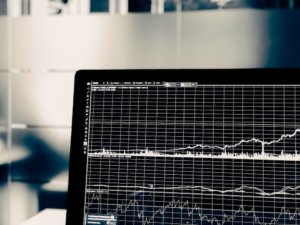US Govt says spoof orders placed by Jim Zhao affect hundreds of market participants
The Government believes that the spoof orders placed by the defendant may have affected hundreds of market participants that traded E-Mini S&P 500 futures contracts while the spoof orders were pending in the market.

Less than a month after Australian trader Jiongsheng “Jim” Zhao pleaded guilty to spoofing charges in a US criminal case, the US Government has submitted a Motion for Victim Rights at the Illinois Northern District Court.
In the document, seen by FinanceFeeds, the Government argues that this case involves “multiple crime victims”. On December 26, 2018, the defendant pleaded guilty to a one-count criminal information charging him with spoofing. At all relevant times, Zhao was employed as a trader at a trading firm with offices in Sydney, Australia, and from approximately July 2012 until March 2016 he placed thousands of orders for E-Mini S&P 500 futures contracts traded on the Chicago Mercantile Exchange that he intended to cancel before execution.
The Government believes that the spoof orders placed by the defendant may have affected hundreds of counterparties and other market participants—all potential crime victims—that traded E-Mini S&P 500 futures contracts while the Spoof Orders were pending in the market.
It is impracticable for the Government to, among other things, identify and provide individualized notice to each potential crime victim. That is why, as an alternative procedure to notify potential crime victims in this case, the Government proposes that it maintain a public Department of Justice website at https://www.justice.gov/criminal-vns/case/jim-zhao. The website would provide a summary of the case, information regarding the case’s status, and other significant case-related documents, such as the charging documents. The website also would contain an e-mail address and telephone number for a Victim Assistance Line through which individual potential crime victims could contact the Department of Justice with questions regarding the case.
On Wednesday, January 2, 2019, the Illinois Northern District Court granted the request by the defendant to give the parties in the case more time to provide probation with each party’s version of the offense. The government’s version of the offense must be submitted to the probation office by April 9, 2019, and the defendant’s version of the offense must be submitted to the probation office by April 16, 2019.









